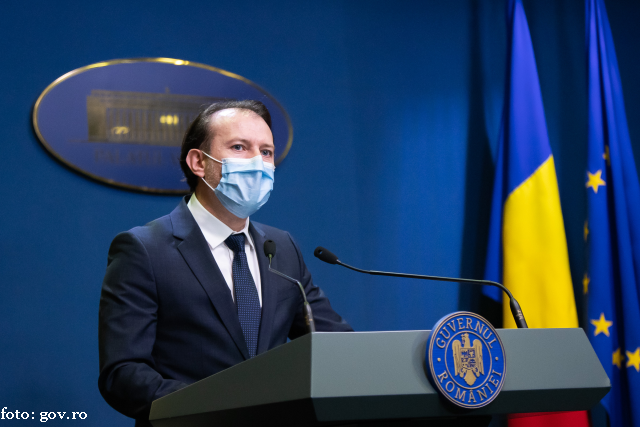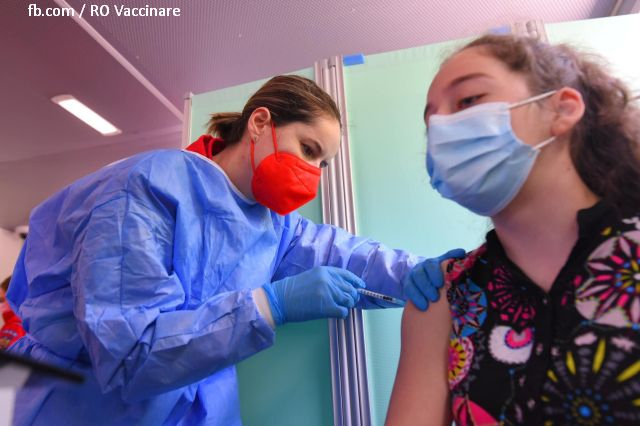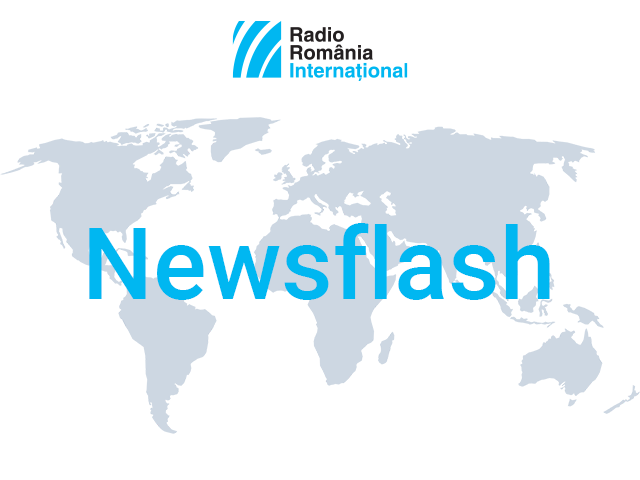The most contagious strain of the SARS-CoV-2 coronavirus detected so far, the Delta variant, which is at the origin of the devastating wave of COVID-19 cases in India, is spreading, which has prompted world authorities to take action to counter a 4th wave of the pandemic. In Israel, for instance, vaccination with the 3rd dose has been launched for people with immunity problems, and, in France, the most important measure to fight the Delta variant, announced by President Emmanuel Macron, refers to compulsory vaccination for healthcare and non-healthcare workers in hospitals, clinics and nursing homes, as well as for professional and voluntary staff involved in the care of the elderly, including at home.
After France, Greece has announced the same measure for the medical staff, starting on September 1. In Romania, the Delta variant appeared a few weeks ago, and the first death associated with it was registered in the second half of June. Meanwhile, the number of such cases and associated deaths has slightly increased, and the authorities continue to call for the peoples vaccination. The medical staff that refuses to be vaccinated against COVID could pay for the tests from their own pockets, Prime Minister Florin Cîțu said on Tuesday, when answering the question whether the executive is considering the measure of compulsory immunization of the medical staff or of the employees involved in the care of the elderly.
Florin Cîțu: “Romania has the lowest infection rate in Europe. Regarding vaccination of the medical staff, we propose to test those who do not want to be vaccinated and have them pay for the test. This is the proposal I made to the Health Ministry officials.”
The move is caused by fears regarding the possibility of a 4th wave emerging in Romania, even if, at present, the positive test rate stands somewhere around 0.3% and the medical system no longer has to work under the pressure of a very large number of infected people.
In another move, as of Tuesday, passengers arriving at the Henri Coandă Airport from countries on the yellow list and holding a EU digital COVID certificate or a PCR test can use the green flow corridor, without being checked by the Public Health Directorate employees. The same corridor can be used by those who come from the red-list countries but hold a certificate. The Bucharest Airports National Company specified that the digital certificates issued by Great Britain or by non-EU countries are not valid and recommends passengers arriving from countries on the red or yellow lists to fill in, in due time, the form requested by the Romanian health authorities. The form can be downloaded from the airlines websites or from the website of the Romanian Foreign Ministry. (LS)


